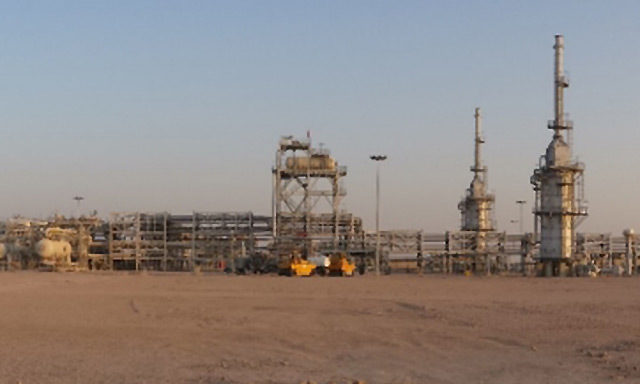
The Kurdish government is unable to pay government salaries as the cost of battling Islamic State puts strain on the finances of a US partner in the struggle against the militant group.
Defense spending has increased by at least 50% since June as Kurdish Peshmerga forces in northern Iraq fight militants along a 1,000-kilometer (620 mile) front, Finance Minister Rebaz Hamlan said yesterday.
The government has allocated $70million for the war on Islamic State, leading to government cutbacks.
“We haven’t paid the salaries in August and September,” he said in an interview at his office in Erbil, Kurdistan’s capital. “It’s an economic crisis.”
Peshmerga fighters have played a central role in slowing the advance of Islamic State militants even as the semi- autonomous Kurdish region of northern Iraq has been locked in a dispute with the central government in Baghdad over oil. The Kurdish Regional Government has struck deals with oil companies and collected the revenue. The Iraqi government says it should control the country’s oil deals, and has withheld the budget for the region since the beginning of the year.
The Kurdish government has paid the salaries of 1.4 million government employees and retirees through July from a budget of $700 million that comes, in part, from its oil revenue, Hamlan said.
International banks and investment companies, including from the US, UK and China, have approached the Kurdish government with loan offers to alleviate the crisis, he said.
He said the companies at first asked for sovereign guarantees “but we told them we’re not a state, we don’t have sovereign guarantees but we have oil.”
The minister said the Kurdish government is studying the issue and may sign an agreement with one of the companies in the next few months.
Recommended for you
